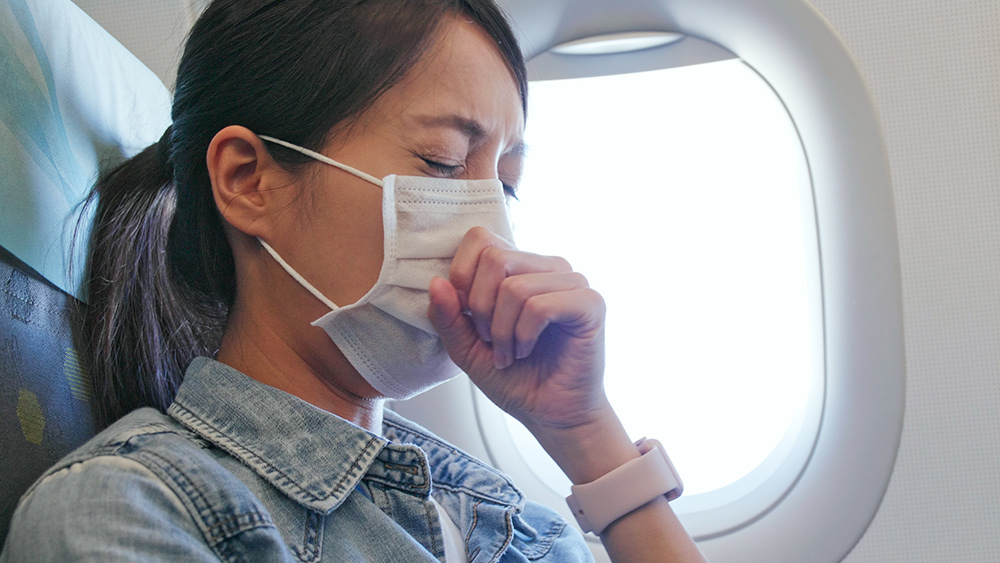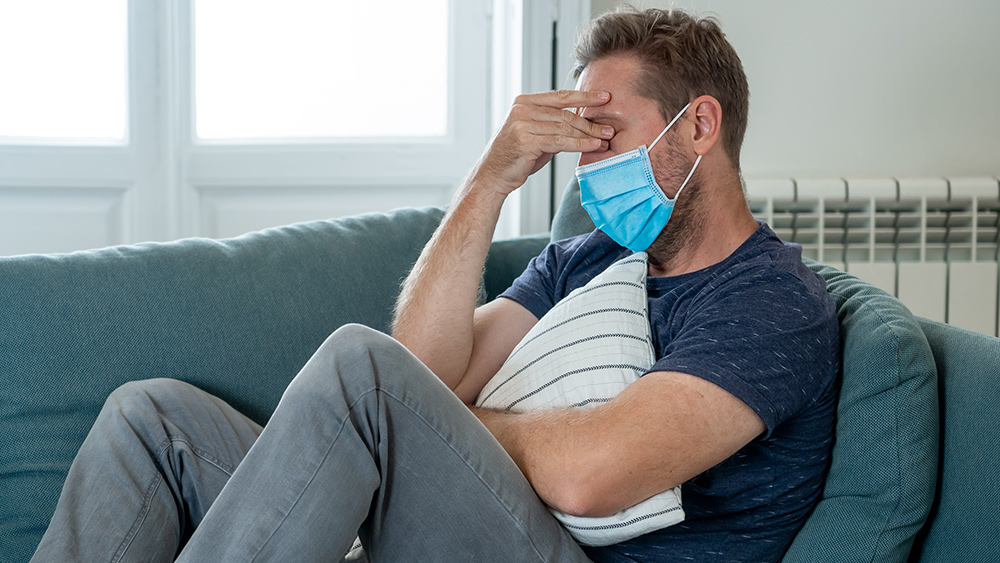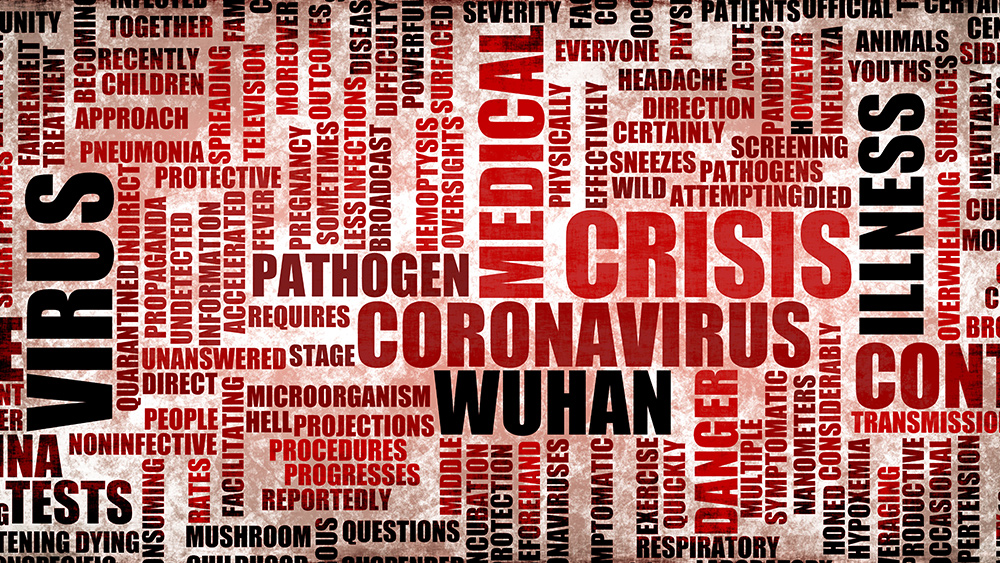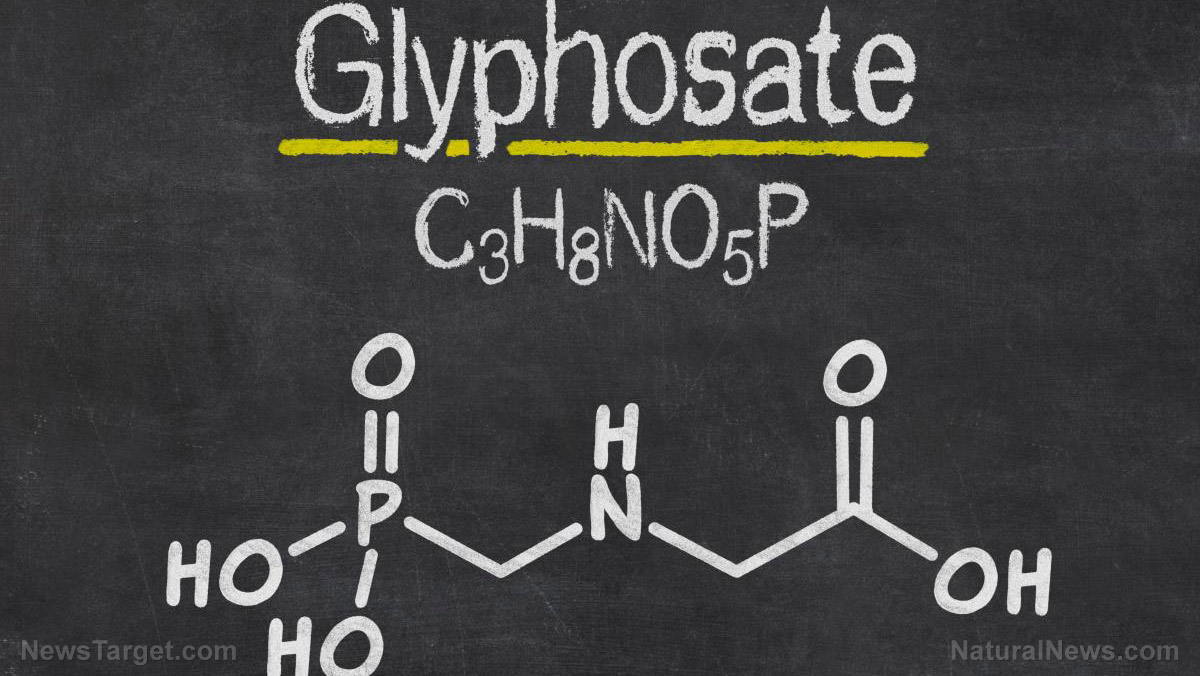Airlines and transport officials CLASH with CDC over quarantines for airline passengers
10/31/2020 / By Arsenio Toledo

Airline companies and U.S. transport officials are clashing with the Centers for Disease Control and Prevention (CDC) regarding whether people who test negative for the Wuhan coronavirus (COVID-19) should still be forced to quarantine after they arrive in the U.S.
Currently, official guidelines state that U.S. residents returning from Europe are advised – but not forced – to self-isolate for 14 days upon their return to the United States. European travelers are generally denied entry. Alternatively, Americans are barred from traveling to most European countries, with the notable exception being the United Kingdom, which forces them to quarantine for 14 days upon their arrival.
These guidelines are now being questioned as airlines, industry groups and senior transport officials look to strike deals with other nations and airline companies to establish what is known as a “safe-travel corridor.” This would involve two connected locations where people can fly to and from without needing to quarantine upon arrival.
CDC wants to maintain quarantines, but shorten their length
The CDC s arguing that, even if a safe-travel corridor was established between two cities, people should still be required to quarantine. That said, they’ve relented somewhat, and now only want to mandate that travelers be quarantined for between five to seven days, rather than 14. After the self-isolation period, however, the CDC still wants these travelers to take another coronavirus test.
Industry groups and senior transport officials, on the other hand, are pushing back on the need for further quarantining and testing.

“Quarantines don’t help achieve the goal of safe travel,” said industry group Airlines for America in a statement. “Rather, quarantines simply stop people from traveling or are not complied with.” (Related: In order to travel, you’ll soon be forced to carry a digital certificate that provides proof of medical checkups, screenings, DNA swabs, vaccinations.)
Airlines and other industry groups are pushing for an alternative system where travelers will be tested for the coronavirus before departure and will be signed up for a contact tracing system. One airline trade group is supportive of a 24-hour isolation period.
Dr. Martin Cetron, director of the CDC’s division of global migration and quarantine, is one of the loudest voices calling for a one-week quarantine upon arrival. This, Cetron argues, would give the U.S. a 90 percent assurance that travelers will be coronavirus-free.
Despite his opposition to more relaxed rules for travelers, Cetron has nonetheless voiced his support for the establishment of a safe-travel corridor. He believes that it may one day contribute “to a safe, responsible and healthy global air travel experience, in addition to testing before and after travel and following public health recommendations on self-quarantine after travel.”
Discussions with the CDC are ongoing, and senior transport officials are attempting to mediate the dispute and find a common ground between the two parties.
Transport officials are hoping to resolve the disagreement very soon, as both the United States and the United Kingdom are currently in talks to establish a safe-travel corridor between London and New York. Officials from the Department of Transportation and the Department of Homeland Security hope to open the corridor by the winter holidays.
Study suggests flying safer than grocery shopping or dining in restaurants
The CDC’s apprehensions with allowing the establishment of safe-travel corridors may be unfounded. A study released on Tuesday by the Harvard University T.H. Chan School of Public Health strongly suggests that flying may be safer than grocery shopping or dining indoors.
Researchers created computer models to simulate airflow in airliner cabins. According to them, the specialized onboard ventilation systems – known as high-efficiency particulate air (HEPA) filters – are able to filter out 99 percent of airborne particles, including those bearing viruses.
The researchers argued that, even if an airplane’s ventilation systems sucked in particles with COVID-19, the fact that they go through HEPA filters and because of the “downward direction” of airflow makes it unlikely a passenger will infect others.
“This ventilation effectively counters the proximity travelers are subject to during flights,” wrote the researchers in their report.
That said, the report also says that ventilation systems alone cannot guarantee a 99 percent reduction in risk. Effective air ventilation needs to be coupled with the wearing of face masks, regular disinfection and passenger screening for COVID-19 symptoms.
This “layered approach” makes flying safer than other routine activities, such as dining indoors in restaurants and grocery shopping.
The airline industry is already interpreting the study as a sign of relief, as they continue to face devastating losses from the pandemic and the lockdowns around the world making air travel impossible. Executives from United Airlines have already called the pandemic “the worst crisis in the history of aviation.”
The study is in line with another study conducted by the Department of Defense, who put particle detection equipment and mannequins wearing face masks on Boeing 767 and 777 aircraft. They found little risk of transmission, thanks in no small part to the efficient ventilation of air in the planes.
Learn more about how businesses, particularly the airline industry, are struggling to recover from the economically devastating lockdowns by reading the latest articles at Pandemic.news.
Sources include:
Submit a correction >>
Tagged Under:
air travel, airlines, CDC, China, coronavirus, coronavirus testing, covid-19, economy, Flu, infections, lockdowns, outbreak, pandemic, quarantine, safe-travel corridor, self-isolation, superbugs, transportation, travel, virus
This article may contain statements that reflect the opinion of the author





















